
‘Ghost kitchens’ helping Chinese food emporium in San Francisco reach customers – and survive the pandemic
- China Live in San Francisco’s Chinatown is using kitchens specially set up for delivery services to get its takeaway food favourites to more customers
- The venture is a partnership with Virtual Kitchen, a ‘ghost kitchen’ start-up offering space and equipment to support restaurants’ delivery operations
After the Covid-19 pandemic forced the closure of his food emporium to in-house diners, chef George Chen deployed the resources of the 30,000-square-foot (2,790-square-metre) site in San Francisco towards delivery services with the help of what have become known as “ghost kitchens”.
Like most eateries in the city, Chen’s China Live emporium – consisting of the Market Restaurant, a full-service establishment with an ever-changing seasonal menu; the fine-dining Eight Tables by George Chen; the Oolong Cafe; a bar; and a retail area selling kitchenware, pantry items, tea and fresh produce – saw a dramatic fall in revenue when the pandemic imposed shelter-in-place restrictions on San Franciscans and a ban on indoor dining.
China Live Signatures is a new venture that uses kitchens across the San Francisco Bay Area to expand the food hall’s reach, offering a selection of the food emporium’s takeaway customer favourites.
Rather than being cooked entirely in China Live’s own Chinatown kitchen – which is still providing takeaway and delivery services – the food is partially prepared in San Francisco and then transported to these ghost kitchens, where the dishes are finished before being delivered to customers’ homes by drivers working for delivery apps such as Caviar, GrubHub, DoorDash and UberEats.
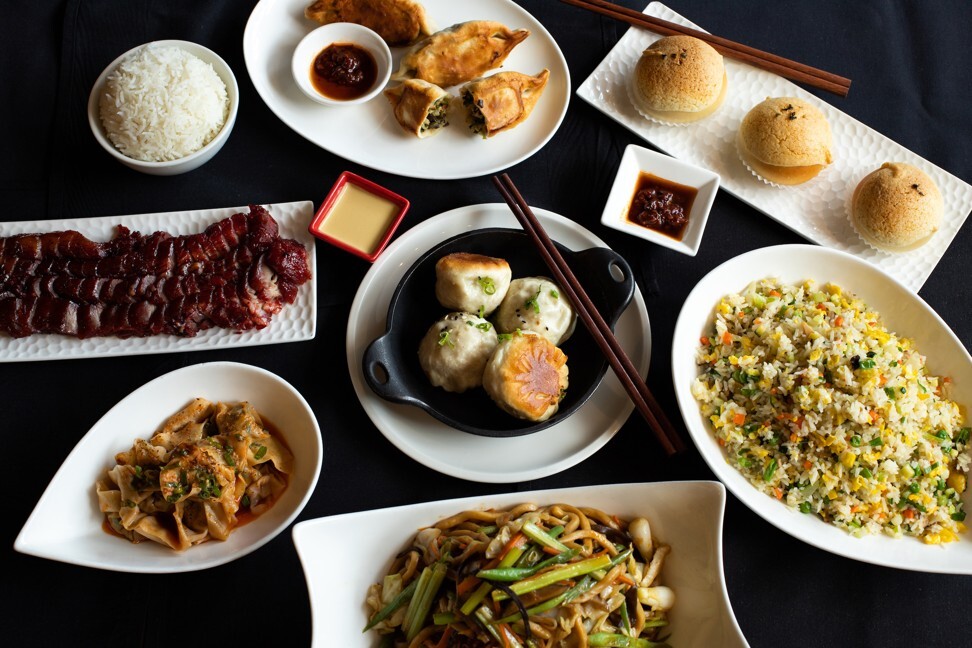
Lovers of China Live fare in Berkeley, Sunnyvale, Willow Glen, Daly City, Belmont and Palo Alto can enjoy its Dongbei-style potstickers and “Dutch Crunch” char siu BBQ pork buns without walking out their front doors.
The venture is a partnership with Virtual Kitchen, a San Francisco-based ghost kitchen start-up that offers commercial space and equipment to support a range of restaurants in establishing or expanding their delivery operations. The model is designed to help restaurant owners save on the costs and effort associated with running a storefront.
In a pandemic that is crippling the industry, companies such as Virtual Kitchen, founded by former Uber executives, may help struggling businesses capitalise on the growth in food delivery and online ordering.
Chen explains that collaborating with ghost kitchens presented its challenges, and a lot of preparation went into the launch. Because part of the cooking process is overseen by the ghost kitchens, without his staff on hand, Chen and his wife, Cindy (a China Live co-founder), worked closely with Virtual Kitchen to test and develop recipes to ensure they could be duplicated successfully every time.
“Specialised cooking equipment was developed in conjunction with us, to make sure that this food can be delivered as if it was delivered from China Live in San Francisco,” Chen explains.
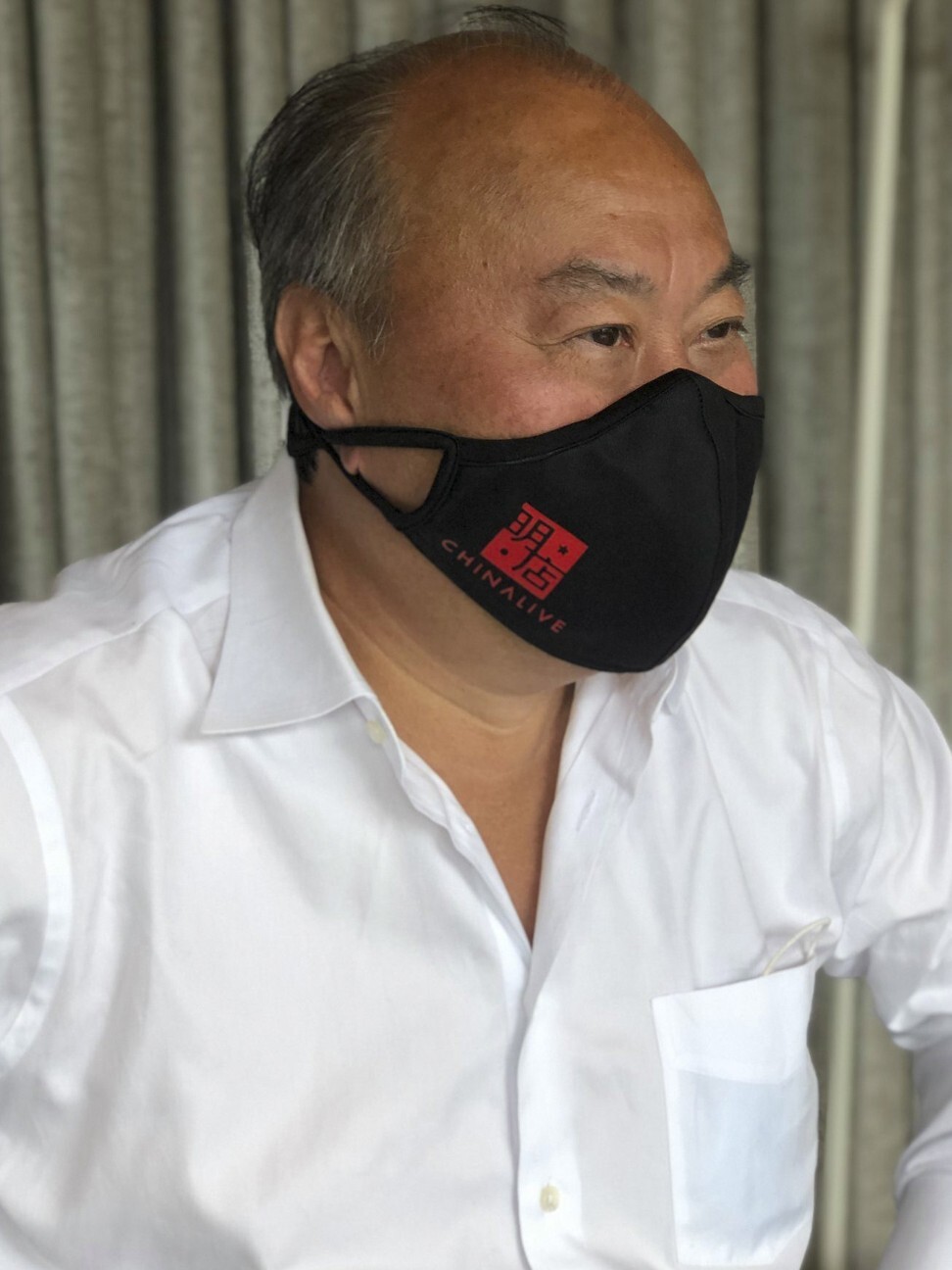
He describes doing test runs to see how well dishes travelled and altering the preparation procedures for ones that did not hold up. Once the operation was up and running, he ordered from China Live Signatures anonymously, to experience the process as his customers would.
“It was a four-month process,” recalls Chen. “Those things take a lot of experimentation and time because you’re checking for moisture content, for temperature, for general deliciousness. If it doesn’t pass my test, I’m not going to sell it.
“Of course we track all the quality throughout the system, but once it leaves China Live, after they pick it up, they know what to do from there.”
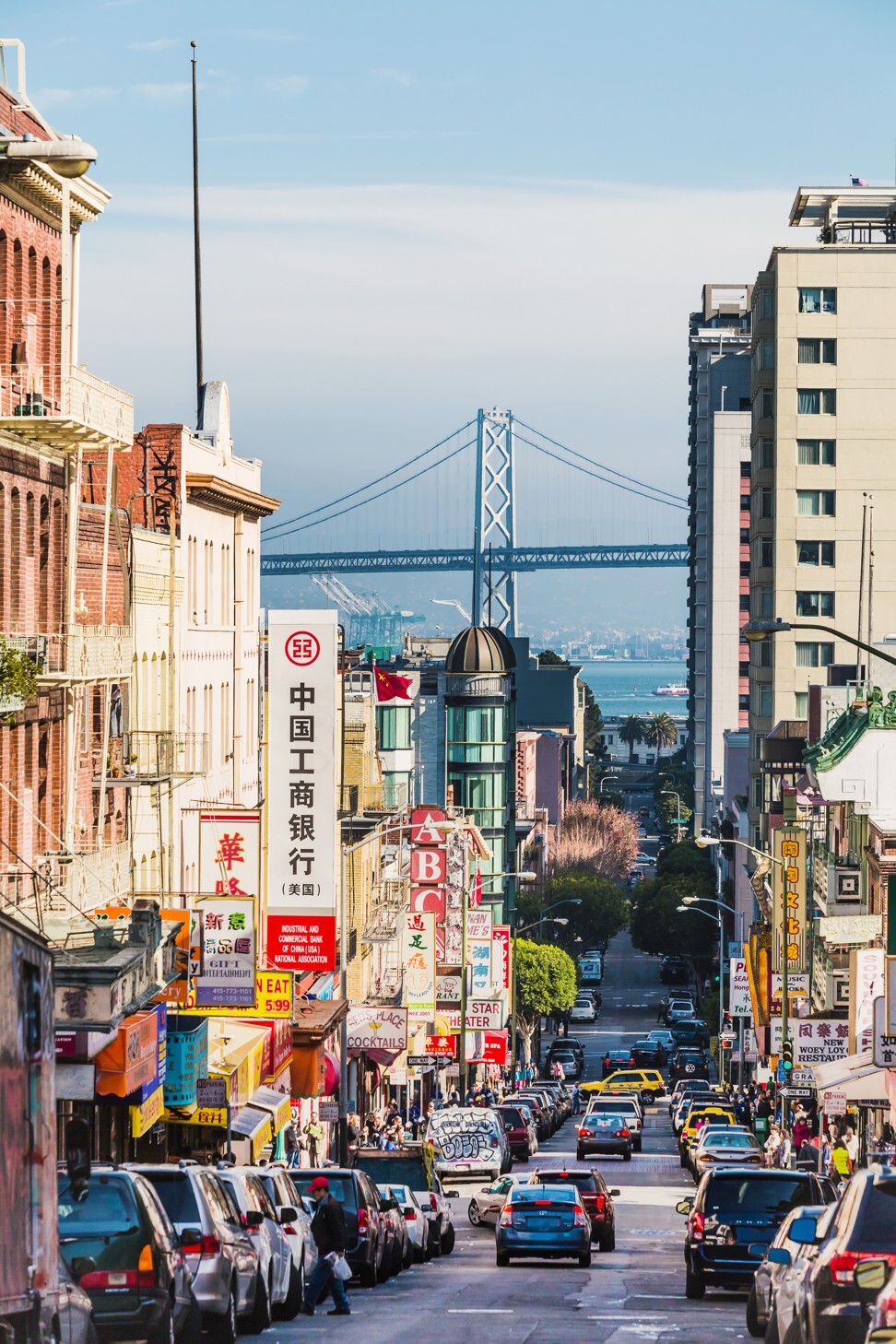
Popular items such as Sichuan-syle wontons, slow-roasted char siu pork, and Dungeness crab spring rolls are among the selections that made it onto the delivery menu. Sales have exceeded expectations, according to Chen.
The chef believes the pandemic has permanently changed customer behaviour and needs, and restaurant owners will have to find new sustainable business models.
“The business we were doing – we were one of the highest-grossing restaurants in the Bay Area – is not coming back,” says Chen. “We now have to go to them.
“[The businesses] that are adaptable and can change are the ones who are going to survive and hopefully succeed. If you don’t make these hard decisions and put in the hard work to make it happen, you’re going to be out of business.”
The launch of China Live Signatures, coupled with the reopening of outdoor dining in San Francisco over the summer, allowed Chen to hire back around 60 of the employees he had to furlough in March. Before the pandemic, China Live had employed more than 200 people.
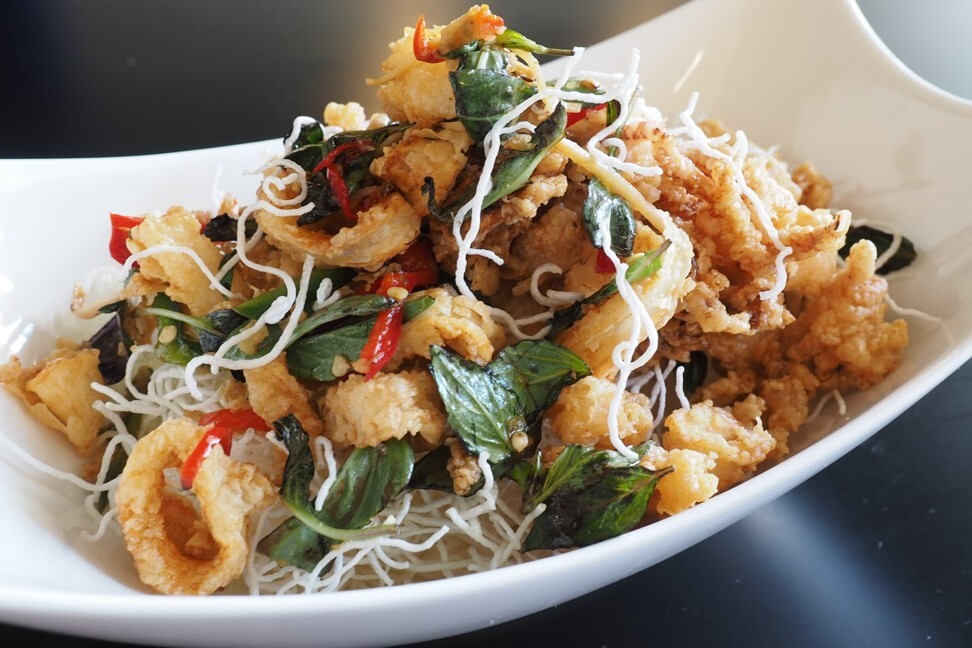
Chen has helmed more than a dozen Chinese restaurants in the Bay Area region – including Betelnut and Shanghai 1930 – as well as a few in Shanghai, China. With all his ventures, he says, his hope has been to correct misconceptions people may have about Chinese cuisine.
“The perception has to change that this is the low cuisine of the totem pole. Chinese cuisine is one of the greatest in the world.”
When fears surrounding the pandemic incited discrimination and racism towards Chinese-Americans and caused business to plunge at Chinatown establishments, it reminded Chen of similar experiences during the 2003 Sars outbreak in Hong Kong and China.
“Stereotypes and prejudice, especially with the divisive political environment that we have today, is causing a lot of ignorance to be perpetuated,” says Chen. “The only way that is going to go away is if people are educated [and] understand more about cultures and cuisines.”
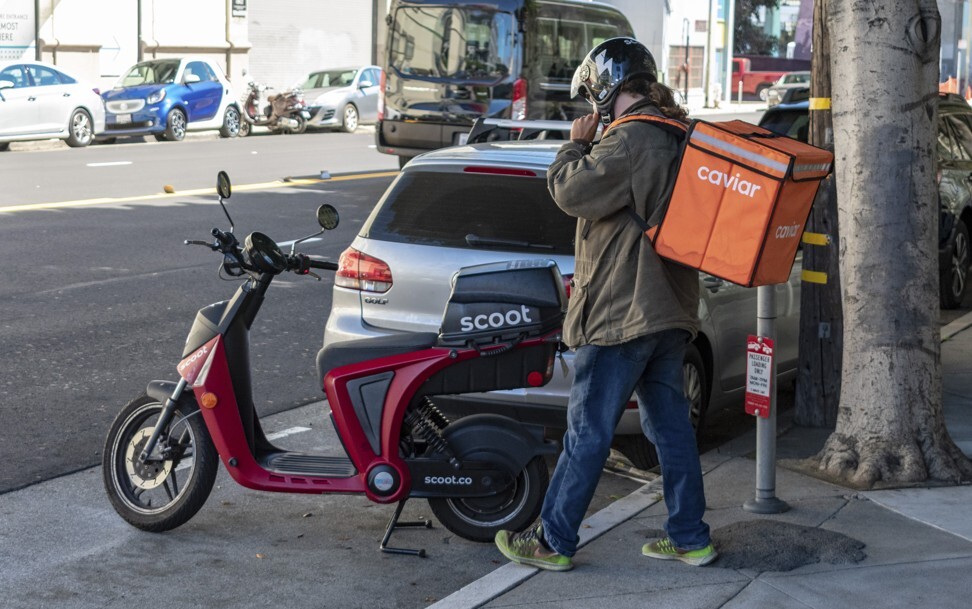
For Chen, San Francisco’s Chinatown is the heart of the overseas Chinese culinary scene, and he is proud to have opened China Live there in 2017.
“We decided to open in Chinatown because this is the historical centre of the Chinese immigrant story. Twenty-four city blocks with over 10,000 people living in a real community,” says Chen. “It’s a vibrant living community, and we’re part of that.”
And now, with China Live Signatures, he's part of diners' lives elsewhere in the Bay Area, too.

